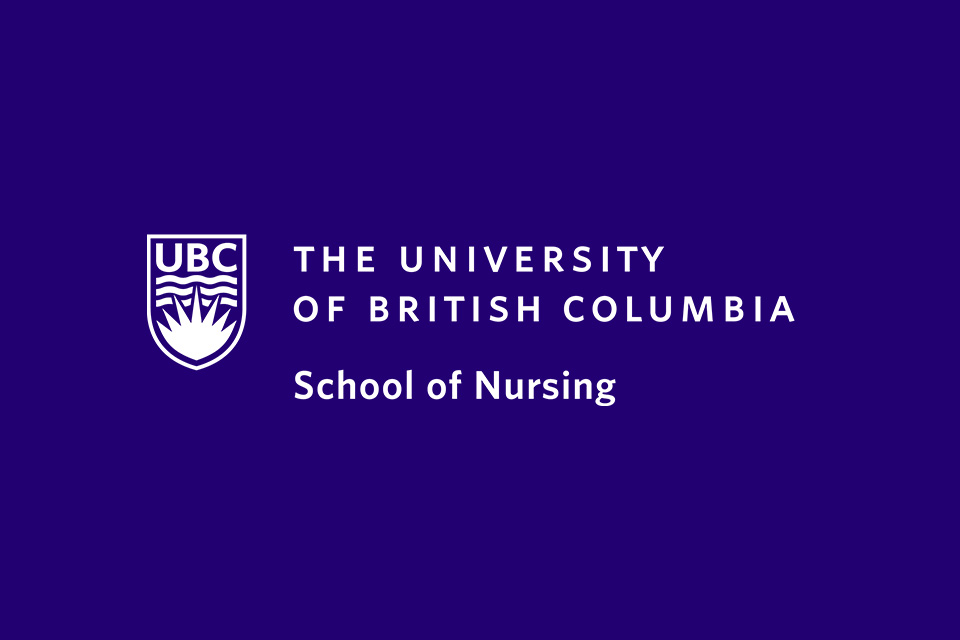
April 4, 2022

The dominant discourse around men’s relationships highlights broken and disrupted partnerships, particularly with the additional stress the pandemic has placed on families. But thanks to the New Frontiers in Research Fund (NFRF), Dr. John Oliffe and his team’s timely study will seek to redirect the discourse. Men Building Intimate Partner Relationships will develop methods for “sharing strategies and skills for building and sustaining intimate partner relationships” and will encourage "masculine cultures that affirm men being relationship-ready and skilled.”
In fact, the Government of Canada is investing over $45 million dollars in part, to support high-risk, high-reward and interdisciplinary research that pushes boundaries into exciting new areas in the Exploration stream. This investment will also support a special call on new ways of conducting community and field-based research since the pandemic has had the greatest impact on researchers’ ability to collect data and conduct this type of research. It is under this latter category that the Men's Health Research's interdisciplinary study is being supported - with an award of $250,000 through the NFRF for Special Call research.
“In a time when relying on scientific evidence has never been more important, our government recognizes the need to invest in Canadian scientists. We know that cutting-edge and innovative research will help build a more resilient Canada and future for all. With today’s investment, we are reaffirming our support to help chart a path toward a more equitable, sustainable and resilient post-pandemic world, ensuring that no one is left behind.”
—The Honourable Jean-Yves Duclos, Minister of Health
Congratulations to Dr. John Oliffe, principal investigator, and his team: Co-Applicants: Francine Darroch, David Kealy, Sarah McKenzie, Jennifer Mootz, John Ogrodniczuk, Simon Rice, and Zac Seidler, and collaborators Peter Bombaci, Genevieve Creighton, and Drew Soleyn.
Research Summary:
Men's intimate partner relationships can promote their wellbeing, and the health of partners and family. That said, the most often told stories are of men's distressed and/or disrupted partnerships (i.e., separation, divorce). The proposed research breaks with the dominant discourse about men's relationship breakdowns to offer participants opportunities to share their strategies and skills for building and sustaining intimate partner relationships. These insights will be collected and used to message and mentor other men with the overarching goal of norming masculine cultures that affirm men being relationship-ready and skilled.
The proposed participatory action research comprises online interviews, visual methods and novel knowledge sharing strategies to make accessible men's experiences and perspectives for building equitable/healthy intimate partner relationships. Beginning with a photovoice assignment 50 participants will take photographs to depict their top 10 tips for building intimate partner relationship. Participant's photographs will be narrated in individual Zoom interviews to expand on men's perspectives, and build specific examples to illustrate the application/effectiveness of each tip. The interviews and photographs will be analyzed thematically by the researchers to identify patterns in the data, and to distil the group's overall top 10 tips based on what participants most consistently highlighted. Focus group Zoom interviews will be used to re-engage participants in a discussion about the top 10 tips, with the explicit goal of narrowing the group's top 5 tips, which participants will subsequently develop and communicate through digital storytelling.
The proposed research is novel in three ways:
- This research will be 100% digital (consent, demographics, individual photovoice and focus group Zoom interviews and auto-transcription) and online (participant's photographic exhibits, and developing and distributing their digital stories).
- The fit of social constructionist masculinities frameworks will be evaluated in the data collection and analyses, and in working with participant's digital storytelling to consider potential adjustments to that longstanding theory.
- Given the pressures that the COVID-19 restrictions have put on many homes and intimate partner relationships, the research will be especially timely as a means to reflect, and to learn from men's experiences and perspectives.
The New Frontiers in Research Fund
The NFRF is under the strategic direction of the Canada Research Coordinating Committee and is managed as a tri-agency program by the Social Sciences and Humanities Research Council (SSHRC), on behalf of Canada’s three federal research funding agencies—the Canadian Institutes of Health Research, the Natural Sciences and Engineering Research Council and SSHRC.


